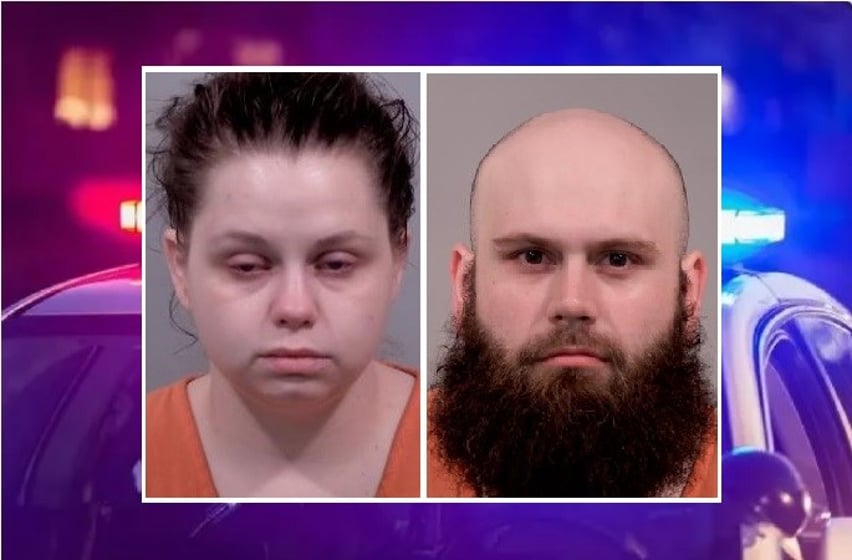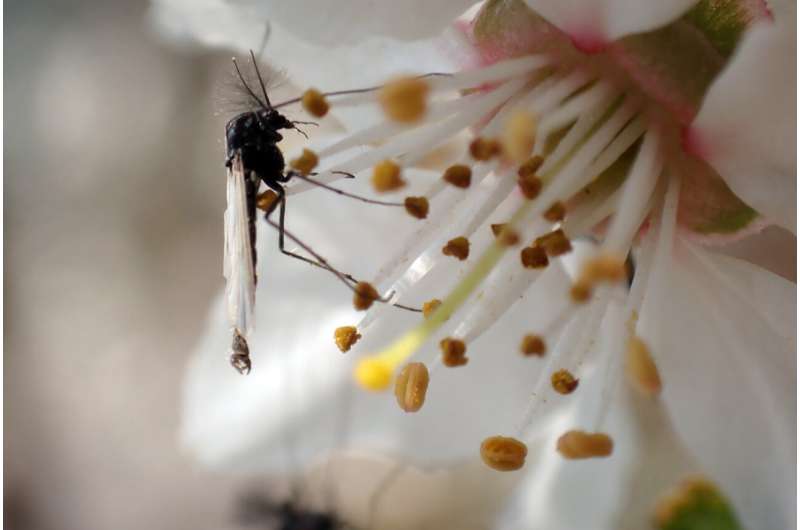//= do_shortcode(‘[in-content-square]’)?>
The Little Fox Butterfly. Image by nottsexminer (CC BY-SA 2.0).
A project asking people to count crushed bugs on their car number plates suggests that flying insects in Wales have declined by a “potentially catastrophic” 75% in less than 20 years.
The Citizen Science Bugs Matter survey, led by conservation organizations Kent Wildlife Trust and Buglife, found a 64% drop in the number of bugs sprayed on vehicle registration plates between 2004 and 2022 across the UK.
Wales has seen the biggest drop with a 75% drop in the number of bugsplats this summer, significantly worse than the 55% drop in 2021 compared to 2004 numbers.
England saw a 68% drop compared to 2004, seven percentage points worse than the 61% drop in 2021.
But Scotland saw something of a turnaround with a 40% drop compared to 2004, better than 2021 figures which saw a 49% drop from 2004 figures.
Experts said it was not clear what proportion of the drop between 2021 and 2022 was due to long-term trends or the result of record summer temperatures, but suggested climate change played a role in both issues.
The conservation groups said insects provide essential services, underpinning food chains, pollinating most of the world’s crops and providing natural pest control, and that without them, people’s ability to survive on Earth would be threatened.
They are on the decline due to habitat loss and damage, climate change, pollution of rivers and streams, use of pesticides and development – with mounting evidence these have led to significant declines in insect numbers in the UK and around the world, conservationists have warned .
Now conducted annually, the survey asked the public to record the number of flying insects crushed on their license plates and compared it to data from a 2004 RSPB analysis that used the same methods.
Before a necessary trip in their vehicle, drivers cleaned their license plates, recorded the route on their cell phones, and then counted the crushed insects using a “splatometer grid” provided as part of the survey.
They then submitted a photo and counted details via the Bugs Matter app, and the data was converted to splashes per mile to make it comparable between trips.

‘Concerning’
The findings came as ministers gathered in Montreal for the UN Cop15 nature summit aimed at agreeing a deal to halt and reverse wildlife and habitat loss by 2030.
Andrew Whitehouse, Operations Manager at Buglife, said: “For the second year in a row, Bugs Matter has shown a potentially catastrophic decline in the number of flying insects.
“Urgent action is needed to address the loss of diversity and abundance of insect life.
“We will expect our leaders at Cop15 to act decisively to restore nature at scale – both for wildlife and for the health and well-being of future generations.”
Evan Bowen-Jones, chief executive of the Kent Wildlife Trust said: “Thanks to citizen scientists across the country we are able to have a better picture of the health of our insect populations and we are already seeing some worrying patterns in the data.
“However, we need more citizen scientists to participate in the Bugs Matter survey next year and into the future to understand whether we are seeing actual long-term trends or the impact of the extreme temperatures we faced in 2022.
“Thank you to everyone who took part in this year’s survey. We hope that more citizen scientists will contribute to this valuable data set in the 2023 survey period and beyond.”
The conservationists say ways to help insects include throwing away pesticides, tidying up the garden to give them more living space, using alternatives to peat to slow climate change and taking steps to reduce your carbon footprint.
The 2023 poll starts June 1st next year, and people can download the free app now to sign up.
Support our nation today
For the Price of a cup of coffee per month you can help us build an independent, non-profit, national news service for the people of Wales, by the people of Wales.









